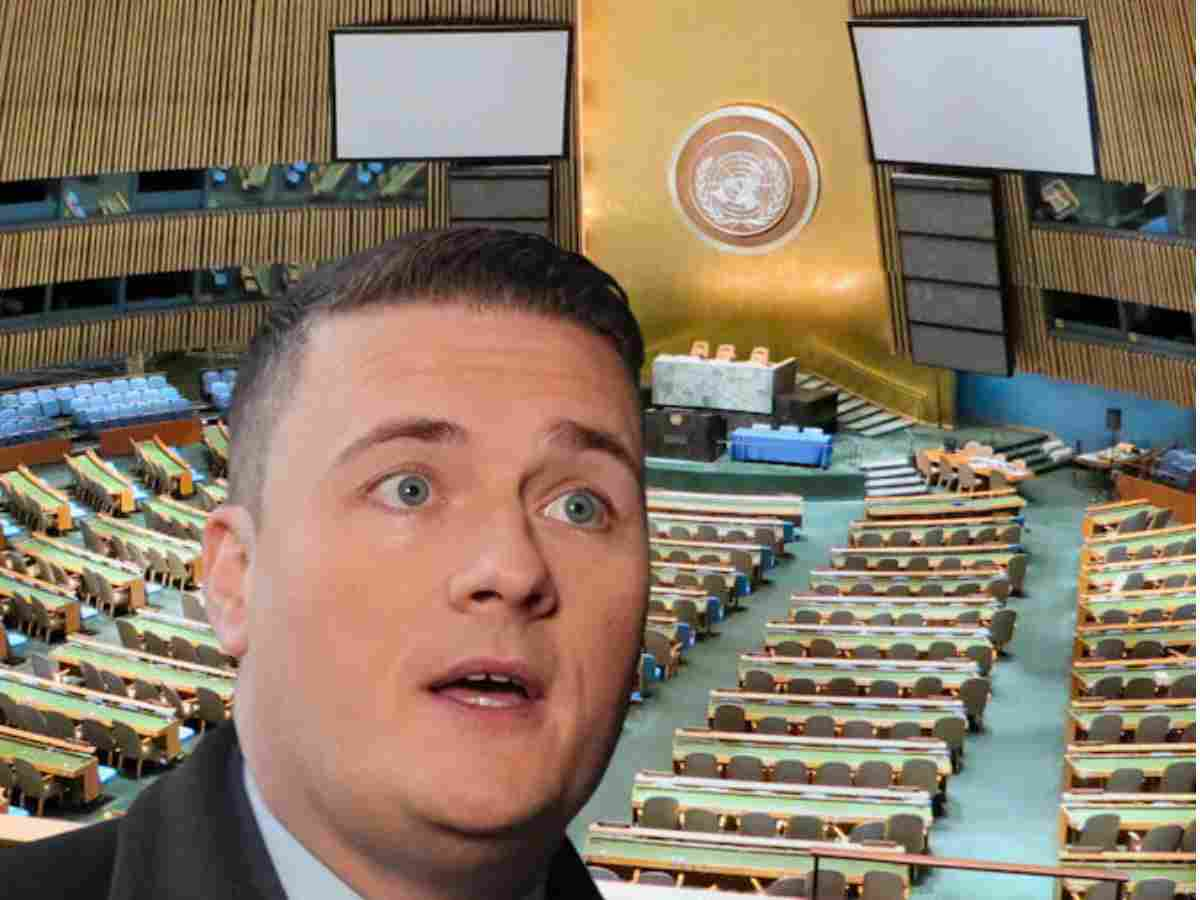Whilst it might already have been clear that the UK government has not properly considered the rights of disabled people in the reforms of the Mental Health Act, the response it has recently given to questions from the United Nations Convention of the Rights of Persons with Disabilities (UNCRPD) might serve to show the depth of that – and the lack of real desire for change.
The government insisted in this response that not only is the Mental Health Bill compatible with the UNCRPD, but the current Mental Health Act is too, which is entirely laughable when the argument for the reform of the bill has been about the way disabled and Mad people are currently treated. This as an opening statement begins to show just how lacking proper insight and care is within this response.
UNCRPD response: lack of understanding of madness and disability – no understanding of our lived experience
The response refers to taking forward recommendations from professor Simon Wessely’s Independent Review of the Mental Health Act, where he said:
we have to do better in ensuring that no one is made worse than they would have been without this imposition… and all have their dignity respected.
But it is not only the Mental Health Act itself that causes a lack of dignity and the trauma on wards: it is the culture baked into the psychiatric system, which reforms do nothing to change – and the current reforms will not go far enough to do this, either.
It is evident that neither the government nor professor Wessely understand the reality of being disabled or Mad in the UK. The latter mentions in his recommendation report that there have been significant changes to public opinion on mental ill health and that:
stigmatising headlines of the past are much less common, if not entirely a thing of the past.
Many of us could point to stigmatising headlines occurring extremely regularly, as well as the stigmatising treatment and ableism that we experience every single day from the general public, healthcare system, and beyond. The government response to the UNCRPD discussed dignity, respect, and treating people as individuals. But how can it do that when it does not understand what we are facing?
‘Strong community provision’ is not just a concept: it needs action, funding, and reform
The government response, like the rest of the coverage and discussion about the reforms, continues to insist that Autistic people and learning disabled people will be supported as the bill sets out that they will only be able to be detained with a co-occurring “psychiatric disorder”, apparently acknowledging that inpatient settings are “overly restrictive” and “do not meet the sensory needs of individuals”.
Through this entire process, there has been little to no acknowledgement that these restrictions and sensory needs do not go away for Autistic people and learning disabled people who have a co-occurring condition. Similarly, there is no understanding of how many are misdiagnosed or do not receive a diagnosis until they fall into crisis.
Crucially, neither the bill nor this response has truly considered how the alternatives and “strong community provision” will actually work or be funded.
Article 19 of the UNCRPD relates to living in the community, as mentioned in the government response. At present, 2,010 Autistic people and learning disabled people are in mental health hospitals in England, and the average length of stay for Autistic people remains at over 4.7 years. There is almost no plan for where these individuals might go when they do not fit the criteria for sectioning – nor any notion of extra funding for “strong community provision” overall.
Not enough neuro-affirming, non-abusive supported living and care
Strong community provision needs to look like a range of things that we simply do not have the resources for at present: there is not enough neuro-affirming, non-abusive residential or supported living, crisis care is still extremely lacking, and the collapse of social care means many who should be able to stay at home with support no longer can.
As much as many of us want to see Autistic people and learning disabled people not held in psychiatric units, we want a non-carceral system that works for all more: one which actually cares about supporting people in ways which work for them, not for funding pots.
It cannot be argued that the reforms – and especially the current bill – align with the UNCRPD and Human Rights Act articles about right to respect to private and family life (Article 23 and Article 8 respectively).
The response also mentions family and carer involvement increasing, as well as access to advocacy, but this is another aspect of the reforms that will likely be lost in lack of funding and the severe lack of time staff on wards have. Corners can easily be cut in issues like this where there is very little push for paper trails and accurate communication.
A lack of acknowledgement of real concerns displayed to the UNCRPD
Whilst the government response mentions the public consultation on the White Paper, and related development workshops, it does not mention the findings of the Joint Committee of Human Rights who found that the Mental Health Bill did not go far enough in collaboration with those with lived experience, including myself.
This included human rights concerns based in the Human Rights Act, such as the previously discussed issue of lack of community provision and a lack of proper care for the interactions of the bill with the Mental Capacity Act and, commonly, deprivations of liberty that can occur both during admissions and on discharge.
One of the points I and others brought up during the roundtable with the JCHR mentioned in the report, is the way that ‘informal’ or ‘voluntary’ admissions are often treated in an identical nature to those who are formally admitted under the Mental Health Act, with threats of sections held over our heads. This is another issue which points to the problems wider than reforming the Mental Health Bill: this is a system that is built to be coercive and abusive.
Ultimately, this is not a response that gives any comfort about where the psychiatric system is going next, or what the Mental Health Bill is going to change for disabled and Mad people in England and Wales. You cannot insist that the reforms will “treat patients with dignity and respect” with no real plan or true acknowledgement of the abuses, biases, and treatments this system is entrenched in.
Featured image via the Canary













